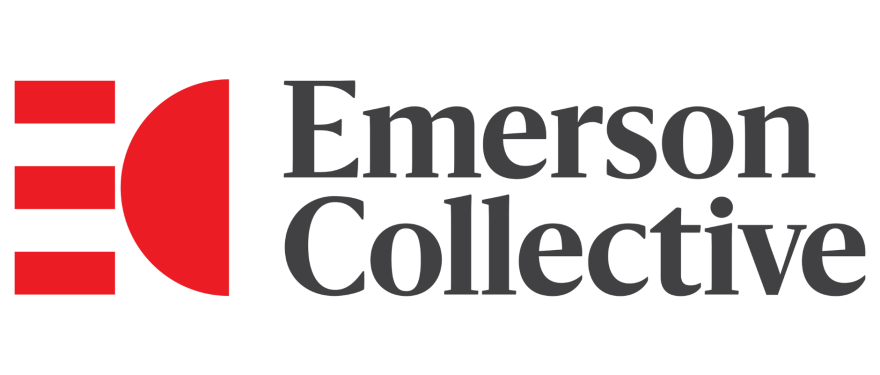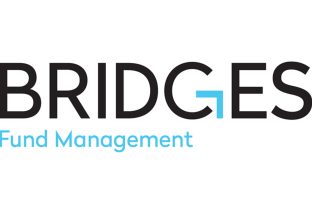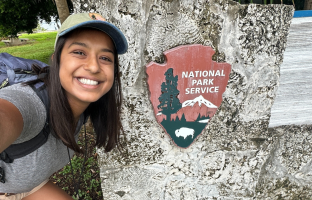Emerson Collective is an organization that works toward the equitable development of sectors like education, the environment, immigration, and health care through impact investing, philanthropy, advocacy, and more. The organization brings together entrepreneurs, academics, artists, and community leaders, to build solutions that spur measurable, lasting change.
Every year, HBS Interns play an important part in driving the Emerson Collective mission. Joanna Lichter, Associate Director of Venture Capital, plays a key role in recruiting HBS students to the MBA Summer Associate program. She shared with us why Emerson Collective recruits at HBS, how they manage their recruiting process, and why HBS interns are an important part of their team.
Emerson Collective and HBS
For the past five years, Emerson Collective has welcomed HBS interns to their Palo Alto and San Francisco offices to join their venture capital team. Interns contribute to one of four focus areas: growth stage (Series B+), early stage (pre-Seed - Series A), climate (Series B+, with a focus on energy and mobility), or media and journalism.
Interns complete two projects over the summer, in addition to sourcing and evaluating companies. These projects include building and presenting a market map in an area of interest and working directly with a portfolio company.
Projects are customized to align with company needs and students’ interests and experiences. “Students have a high degree of autonomy in selecting their market map focus area, as long as it is aligned to Emerson’s mission and objectives,” Lichter said. “Examples include the intersection of A.I. and climate tech and sustainable construction.” Past interns have also helped portfolio companies build their go-to-market strategies and develop new brand guidelines.
The Emerson Collective Recruiting Process
Emerson Collective connects with prospective candidates by posting internship opportunities in 12twenty, hosting an informational session in January, and networking with relevant student groups like the social impact clubs and the Venture Capital and Private Equity Club. Former interns and current team members join the session to meet students and share details about the program.
After applications close in February, students are selected to move through the interview process, which includes a behavioral interview and an industry knowledge interview. “The industry knowledge interview is intended to ensure that students have done their research on venture capital, even if they don’t necessarily have venture experience,” Lichter said. “We want to make sure students have a good sense of how to seek out, evaluate, and pitch companies that are aligned with Emerson Collective.”
The final stage of the interview process includes submitting a one-page paper or short presentation before candidates are extended offers to join for the summer.
As part of the evaluation process, Emerson Collective analyzes where students can add the most value across four different venture teams. For career switchers, the early-stage team is often the ideal match. “On the early-stage team in particular, we love to bring on students who come from all different backgrounds–whether that’s operating, investing, or big tech,” Lichter said. “Most of our early-stage team has worked at or founded companies in the past. We value this experience because it enables students to quickly build credibility with founders and truly have empathy for what they are going through.” Ideal candidates for the growth stage teams will often have previous financial experience.
The HBS Advantage
Lichter says there have been common denominators among the many HBS interns who have proven successful at Emerson Collective over the years. “HBS students have really unique perspectives depending on the industries they’ve been in, along with the intellectual curiosity to dive deeply into different spaces,” said Lichter.
Lichter also notes that the HBS network can be instrumental in helping interns add value. Students have successfully tapped into the potential of the HBS network to build connections that enhance their team’s ability to conduct due diligence and advise portfolio companies.
Importantly, HBS students are known to be proactive in their own professional development in the venture space. Whether that is involvement in the VCPE or Entrepreneurship Clubs, fellowships, angel investing, or helping classmates figure out go-to-market strategies, they have sought out experiences that contribute to their ability to jump into this kind of work.







